library news - archive
To the 200th anniversary of the birth of Dostoevsky F.M.
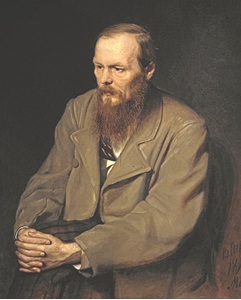
Fedor Mikhailovich Dostoevsky
(1821-1881)
Portrait by V.G. Perov. 1872 g. Moscow, State Tretyakov Gallery.
“Dostoevsky's work is the Russian word about the universal.
A deep reading of Dostoevsky is always an event in life, it burns, and the soul receives a new fiery baptism.
A person who has joined the world of Dostoevsky becomes a new person."
N.A. Berdyaev
Childhood and youth
Fyodor Dostoevsky was born on November 11, 1821 in the family of a doctor at the Moscow Mariinsky Hospital for the Poor, who had the title of head physician, Mikhail Dostoevsky and Maria Nechaeva.
The childhood of the future writer, his brothers and sisters, passed in Moscow, in the very hospital where the head of the family served. And although the Dostoevskys lived more than modestly, Fyodor Mikhailovich himself called childhood the best time in his life. In the evenings, the family often reads various works: from Karamzin's History of the Russian State to Zhukovsky's poems, and nanny Alyona Frolova told children fairy tales of the peoples of the world, which gave rise to a love of literature in Fyodor's young heart.
After Mikhail Dostoevsky received the right to hereditary nobility, the family acquired a small estate in the Tula province and spent the summer there.
Particular attention in the upbringing of children was given to education. The father personally taught his children Latin, and hired teachers taught Russian literature and French, arithmetic, geography, and the Law of God. In addition, for several years Fedor and his older brother Mikhail studied at a prestigious Moscow boarding school.
After Fyodor Dostoevsky lost his mother in 1837, he and his brother were sent to study in St. Petersburg - at the Main Engineering School. But Fyodor Mikhailovich himself already then understood that his future would not be associated with the exact sciences, his soul gravitated towards poetry and literature.
The future writer graduated from the school in 1843 and was immediately enrolled as a field engineer-second lieutenant in the Petersburg engineering team. But the service in his specialty lasted only about a year, finally deciding that this was "not his" path, Fyodor Dostoevsky resigned and took up literature.
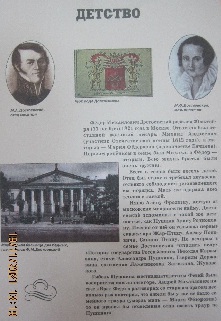
The beginning of the creative path
During this period of his life, the future luminary of Russian literature read a lot, he especially liked the works of Honore de Balzac, Victor Hugo, William Shakespeare, Johann Schiller and Homer.
Among domestic authors, Dostoevsky preferred poetry by Alexander Pushkin, Gabriel Derzhavin and Mikhail Lermontov, as well as the works of Nikolai Gogol and Nikolai Karamzin.
In the spring of 1845, Fyodor Dostoevsky finished work on his first novel, «Poor People». The work of the young talent was enthusiastically received by the St. Petersburg public. Vissarion Belinsky and Nikolai Nekrasov did not skimp on laudatory epithets addressed to Dostoevsky. The latter even published the work in his anthology "Petersburg Collection".
But the assessment of the next creation - the story "The Double" - was much more restrained. Readers found this literary work too boring, and the author had to rework the plot. However, this circumstance in no way cooled Dostoevsky's literary ardor, he continued to write actively.
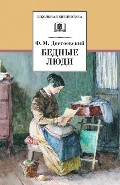
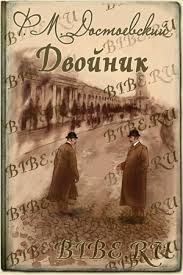
H a r d l a b o r
In 1847, Dostoevsky, like many young people of that time, became interested in politics. At the meetings of the Petrashevsky circle, he discussed, together with like-minded people, the problems of Russian reality, and entered one of the most radical in its views secret societies. At the end of April 1849, the writer, among others, was arrested and spent 8 months in the Peter and Paul Fortress.
The verdict of the court was extremely harsh on the literary genius - execution. But fate had mercy on the Petrashevites, shortly before the execution, they softened the sentence, but the writer himself found out about this only at the last moment, on the day of the execution. Fyodor Dostoevsky was sent to hard labor in Omsk for 8 years, which Nicholas I reduced to 4 years, followed by service as a private in Semipalatinsk. After his coronation in 1856, Emperor Alexander II signed a pardon. Hard labor did not pass without a trace for Dostoevsky, on the basis of this life experience he wrote "Notes from the House of the Dead", where he spoke about the life of convicts. The work was dominated by real facts and characters, but fictional ones were also present. The harsh realities of such corrective labor came as a shock to the Petersburg public, which returned Dostoevsky's literary recognition.

M a t u r e y e a r s
In subsequent years, the novel "The Humiliated and the Insulted", the story "Notes from the Underground", as well as the story "Bad Joke" came out from the pen of the writer. However, Dostoevsky's political views continued to play an essential role; in the 1860s, together with his brother, he published the journals «Vremya» and «Epoha», based on the ideology of “pochvennichestvo”.
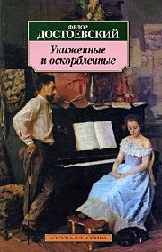
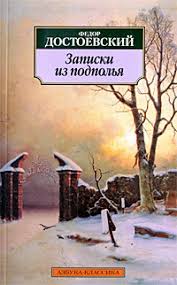
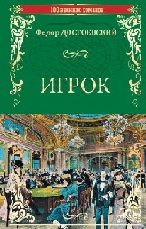

Since 1862, the writer travels a lot. He traveled to Germany, Italy, France, Switzerland, Austria and Britain. Abroad, Dostoevsky became addicted to playing roulette, lost large sums, and the result of this life experience was the famous novel «The Gambler». The novel "The Gambler" is called "a story of ordinary madness", "a story of gambling", "a work that is cruel to the point of cruelty," "a novel about an idea-passion."
Over the next two decades, Fyodor Dostoevsky wrote the major novels in his life – «The Idiot», «Crime and Punishment», «The Demons», «The Brothers Karamazov», and «The Teenager». These novels have become classics of world literature and are among the most famous and widely read literary works.
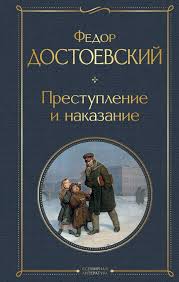
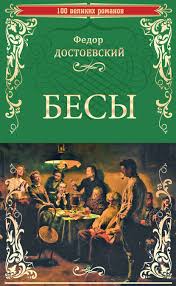
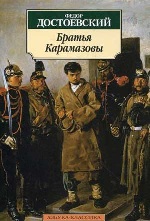
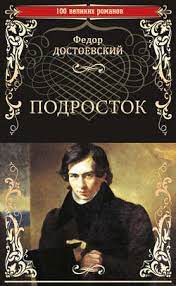
"Crime and Punishment" is a socio-psychological and socio-philosophical novel by Fyodor Mikhailovich Dostoevsky, on which the writer worked in 1865-1866. First published in 1866 in the «Russian Bulletin» magazine.
The final novel by F.M. Dostoevsky's "The Brothers Karamazov" is a masterpiece of Russian and world literature and the final work of the writer.
P E T E R S B U R G D O S T O E V S K Y
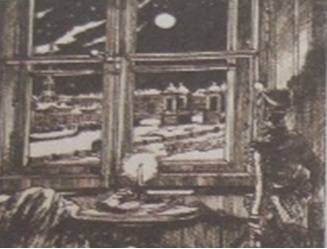
View from the window of the Mikhailovsky Castle to the Fontanka.
Here, in the former palace of Paul I, there was a Military Engineering School,
where from 1838 to 1843. studied Dostoevsky.
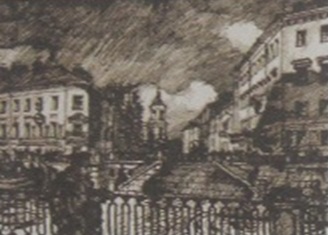
Dostoevsky lived in houses No. 1,7,9 at different times from 1861 to 1867.
House No. 1 housed the editorial office of the «Vremya» and «Epoch» magazines,
which Dostoevsky published together with his brother Mikhail.
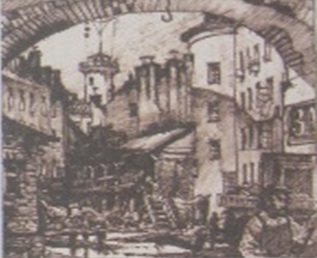
Petersburg. A typical courtyard of an apartment building.
In such courtyards lived the heroes of Dostoevsky Fyodor Mikhailovich.
«It seemed, finally, that this whole world, with all its inhabitants, strong and weak, with all their dwellings, shelters of beggars or gilded chambers, at this twilight hour resembled a fantastic, magical dream, like a dream ...». F.M. Dostoevsky.
The novel "The Brothers Karamazov" was the last in the life of the writer, he finished work on it in November 1880, and on February 9 (January 28), 1881, the great Dostoevsky died. The writer was buried at the Tikhvin cemetery of the Alexander Nevsky Lavra in St. Petersburg. Many people came to say goodbye to him, the funeral procession stretched for more than a kilometer.
House-Museum of F.M.Dostoevsky
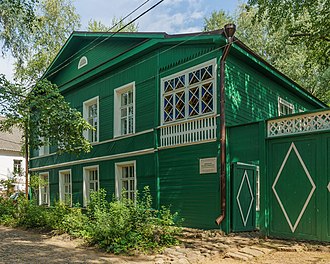
The house where F.M.Dostoevsky lived in 1873-1880 (Staraya Russa).
The writer's work had a huge impact on the entire world literature, many philosophers and writers subsequently recognized the influence of Fyodor Mikhailovich's work on their worldview. Hardly anyone else could so skillfully reveal and show the mysterious human soul.
«Man is a mystery. It must be solved, and if you are going to solve it all your life, then do not say that you have lost time; I am engaged in this mystery, because I want to be human», wrote Dostoevsky.
Dear Readers!
We bring to your attention the book exhibition «The most "difficult" classic in the world»,
dedicated to the 200th anniversary of the birth of Fyodor Mikhailovich Dostoevsky, a Russian writer whose works are read all over the world.
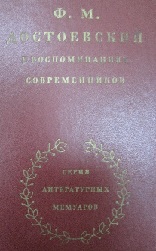 т
т  т
т 
1. Dostoevsky F.M. in the memoirs of contemporaries.In 2 volumes. T. 1.- M.: "Fiction", 1990. - 623 p.
2. Dostoevsky F.M. Collected works in 15 volumes. T. 1. Stories and stories (1846-1847). - L.: «Science», 1988. - 464 p.
3. Slonim M.L. Three loves of Dostoevsky. - M.: "Soviet writer", 1991. - 304 p.
In his book "The Three Loves of Dostoevsky", the American researcher Mark Slonim reveals those aspects of the life of the great Russian writer that are almost unknown to the general reader. The book examines the circumstances of Dostoevsky's personal fate in inseparable connection with his literary activities, relations with publishers, friends and foes.
Book exhibition "The most "difficult" classic in the world"
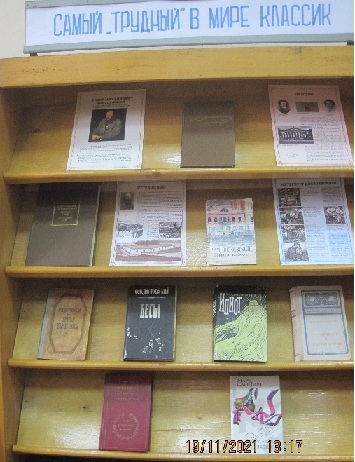
We invite everyone to visit the book exhibition about Fyodor Mikhailovich Dostoevsky,
which is on the Subscription of fiction (room 417A).
Library administration.
Інформаційні повідомлення 22.11.2021.

